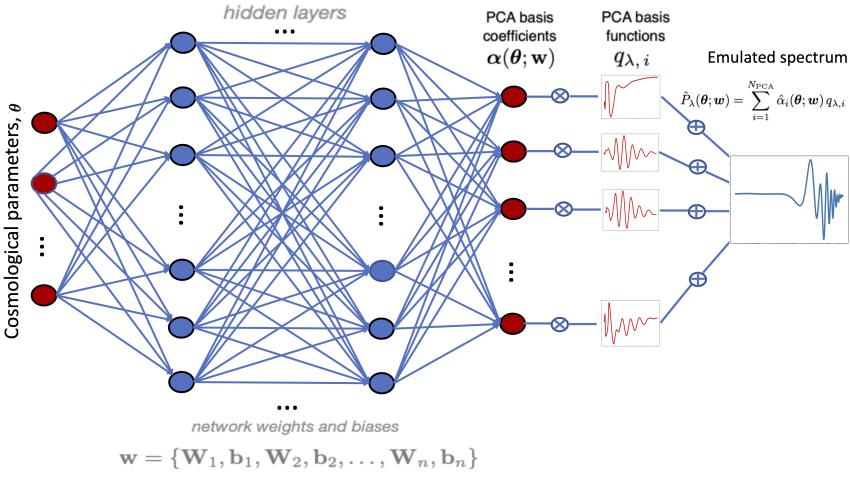Book a Fellows January SDM In Person or Online ticket
Book a Non Fellows January SDM In Person or Online Ticket
Simulation has become a cornerstone of modern-day research, relied upon in practically every quantitative discipline. In astronomy, recent advances in Machine Learning and the continuing increase of computational power have opened up the possibility of using simulations directly to derive constraints on the models used to describe multiple phenomena.
In the context of Bayesian inference, so-called “Simulation-Based Inference” (SBI) techniques use simulations and forward models of instrumental effects, to approximate the posterior or likelihood function of the observed data directly – bypassing the computation of an explicit likelihood function, which is often unknown or too expensive to evaluate.
Typically, Machine Learning methods trained on these simulations are also employed, for faster and more efficient parameter estimation. Crucially, SBI techniques rely on the quality of the simulations that are used to train the Machine Learning models. The availability of such simulations is, therefore, key to the success of SBI techniques. However, astronomical simulations are becoming ever larger and with higher resolution, which increases their computational requirements.
To overcome this issue, dimensionality reduction techniques have recently shown great promise, reducing the number of simulations needed for SBI techniques. In parallel, Machine Learning algorithms are rapidly emerging as “emulators” of the physical processes underlying the simulations, with the prospect of being employed as surrogate models in the inference process, obtaining accelerations often reaching orders of magnitude with respect to standard approaches.
This session aims at gathering talks from astronomers employing SBI techniques in their research. We will cover the methodological aspects of the inference process, including recent advances in the Machine Learning techniques underlying many SBI algorithms, as well as practical applications of SBI in recent astronomical research. We will ensure to cover examples of recent research drawing from multiple fields of astronomy.
Confirmed invited speakers:
Aleksandra Ćiprijanović (Fermilab)
Florent Leclercq (IAP)
Kiyam Lin (UCL)
Laurence Perreault Levasseur (Montréal)
Manon Regamey (Geneva)
Peter Melchior (Princeton)
Stephen Green (Nottingham)
Vivien Raymond (Cardiff)
Will Handley (Cambridge)
Schedule:
10.30 Kiyam Lin
10.50 Will Handley
11.10 Florent Leclercq
11.30 Manon Regamey
11.50 Discussion Primer
12.00 Lunch
13.00 Vivien Raymond / Stephen Green
13.20 Aleksandra Ćiprijanović [remote]
13.40 Peter Melchior [remote]
14.00 Laurence Perreault Levasseur
14.30 Discussion / Roadmap
15.30 Close
Organisers:
Alessio Spurio Mancini
Ian Harrison
Will Hartley


